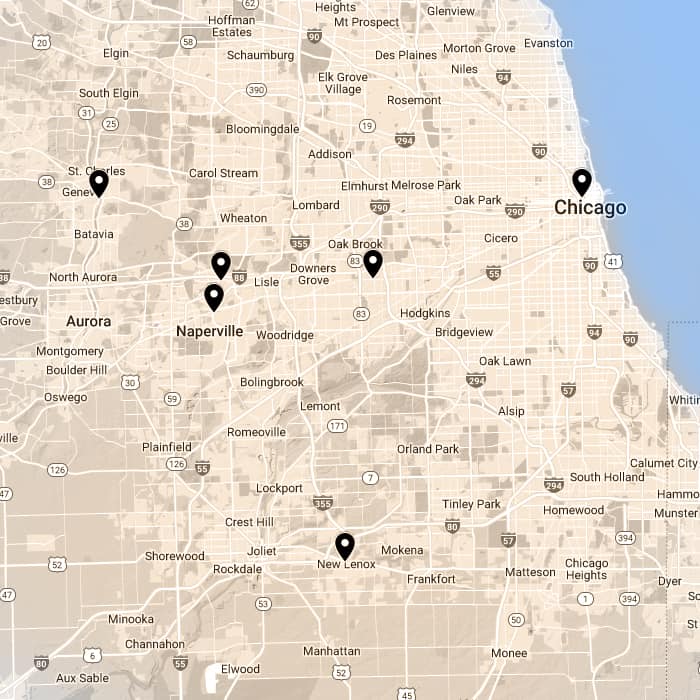Anorexia nervosa literally means “fear of fatness.” Anorexia is characterized by an intense drive for thinness. These people are literally consumed by and driven by trying to restrict and avoid certain foods and to engage in activities that could cause weight loss, such as intense exercise or severe food restriction.
Confused and distorted body image is a cardinal feature of Anorexia. A person is likely not able to get an accurate perspective of what they actually look like. Without this compass of knowing what you look like it becomes really hard to know how to take best care of yourself. The Rago team is knowledgeable and trustworthy and we will help you understand what you are going through and what you need to do when that might be really confusing for you!
People with anorexia have distinctive eating habits and preoccupations. As they restrict food more and more, they become increasingly preoccupied with food and body imagery concerns. You may see a person avoid eating with others, socially isolate themselves, have little energy and have difficulty sleeping at night. Here is one crucial thing to know about Anorexia: It is a disorder known for it's low body weight. However the majority of people who deal with intensely restrictive eating and a mind set that is completely focused on restricting food, getting more activity and worry about fat on the body ARE NOT UNDERWEIGHT. Technically, according to the DSM a person must be 15% below ideal weight to qualify for this diagnosis, and females must lose their period. Rago's is very welcoming of underweight patients with anorexia. But we want you to know how welcoming we feel toward people who are struggling with their relationship with food and their bodies anywhere across the weight spectrum. We know so many people who have worked hard to lose weight and barely eat, but their biology just fights against them losing weight. We would like to meet you anywhere you are on the weight spectrum and offer you expert and compassionate support and care to stop the cycle of obsession and self-hatred. We want you to know recovery is possible for anyone with a low weight, and also anyone whose weight is anywhere on the weight continuum. Recovery is important for everyone.
Causes of eating disorders are complex and multi-faceted. The social context that we live un us a critical factor. Even children as young as 4 years old have shown that they understand that it is dangerous to be fat and that it must be avoided at all costs or a person will be shunned and face social disdain. So the social context is huge, along with social media where the messages about having a great body in order to have approval and success is pushed in our faces all day. If you study social media you find that the more someone is exposed to social media the greater their issues with comparing to others are. This directly leads to body shame and unhealthy, fearful eating patterns. These social factors are influencing us and at the same time family and individual factors are also at play. Science confirms that there is a direct genetic link to anorexia. And we each have a personal history where we have been through traumatic and difficult events in our lives. When we restrict our food it serves as a way to block our thoughts and feelings. There may be times where we unconsciously seek this way to "get away" from our negative feelings. Also, focusing on body image and weight loss may serve as a way to get away from our feelings and problems. If you take a look, you may find that when you are very worried or depressed about something and you don't know what to do: you might find that your attention goes to how fat you are, and then you will be pulled to restrict your food. And all of this is a powerful way to escape problems. All unconscious. People are not aware they are doing this, but on the road to recovery they often see and understand the connection of body image to problem solving in their lives. The big problem with this is that the problems are not dealt with and solved when we escape from them. But some problems, like not feeling accepted by peers, or having worries about our families are things that we don't see a solution for anyway, so escaping seems like the best plan. Working with a Rago therapist can help you determine what things you can change, the most healthy ways to accept what you can't change, and how to break out of cycles of body image and self-starvation that reduce your power in your life.
When an anorexic begins restricting food, the person may seem and feel pretty normal. That’s because a body can use the reserves and resources it has stored up in the past. However, as time goes on, an anorexic person can have increasing medical problems and physical and emotional symptoms. Weight may drop dangerously in anorexia nervosa. However, a person with anorexia nervosa may be at any part of the weight spectrum. We have met many people whose weight would be classified as “overweight,” but they starve themselves for long periods of time, and have the same mind set as all anorexic people.
At Rago & Associates we offer research-based, creative, innovative and state of the art treatment for eating disorders. It is important to begin with a thorough assessment of your symptoms and the building of a treatment plan. Your treatment plan is the strategy that you and your counselor will use for your recovery. You, and your counselor together will make the blueprint for your recovery. It will be modified as you go along. It is often useful to include family members and friends to provide the support and resources needed for recovery. It is often useful to find complementary, additional resources for treatment. Some common additions to your treatment team could include medical monitoring resources, evaluation for psychiatric medication, nutritional counseling, exercise consultation and support. You will be treated with respect and you will be involved in all aspects of planning your care. At Rago & Associates, we would like to be your consultants as you travel your path to recovery from an eating disorder


Looking for trusted eating disorder therapy centers in Chicago and nearby areas?
Our seasoned therapists utilize evidence-based approaches to support recovery in a welcoming environment. Whether you’re seeking help for yourself or a loved one, our centers are conveniently located throughout the Chicago area, ensuring you find the right support close to home.
Let us be your partner on the journey to healing and recovery.
Considering help? Feel free to email Dr. Maria Rago, counseling director at Rago & Associates. She will personally read it and connect you with the services and people she believes can best help you or your loved one.